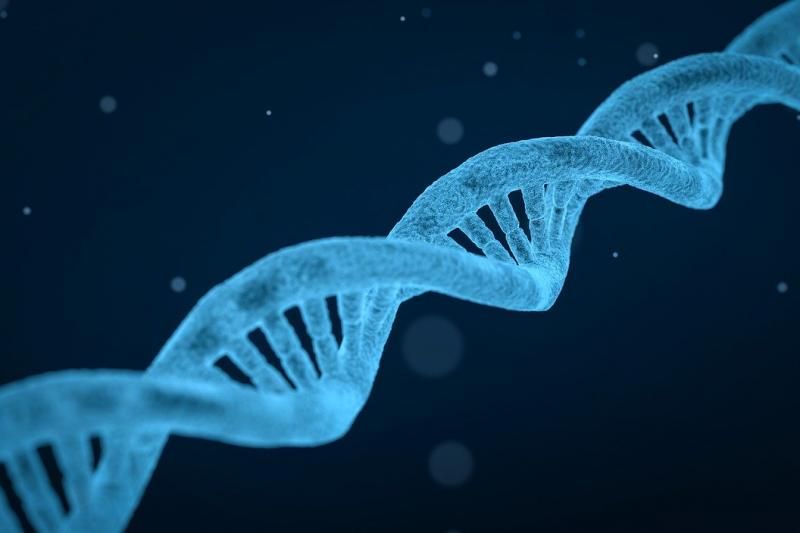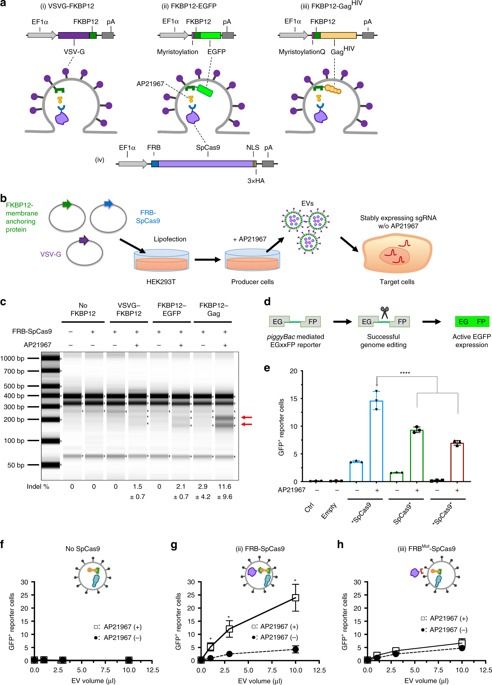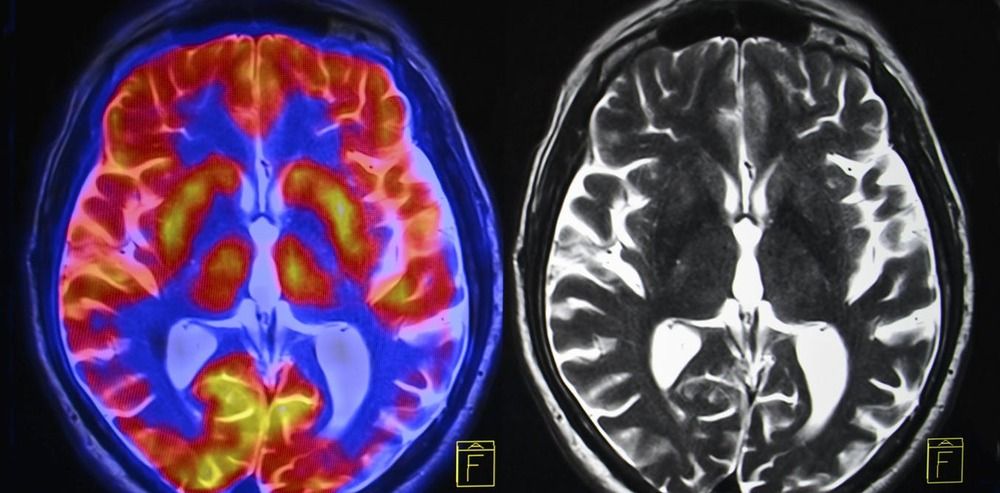Erythropoietin, or Epo for short, is a notorious doping agent. It promotes the formation of red blood cells, leading thereby to enhanced physical performance — at least, that is what we have believed until now. However, as a growth factor, it also protects and regenerates nerve cells in the brain. Researchers at the Max Planck Institute of Experimental Medicine in Göttingen have now revealed how Epo achieves this effect. They have discovered that cognitive challenges trigger a slight oxygen deficit (termed ‘functional hypoxia’ by the researchers) in the brain’s nerve cells. This increases production of Epo and its receptors in the active nerve cells, stimulating neighbouring precursor cells to form new nerve cells and causing the nerve cells to connect to one another more effectively.
The growth factor erythropoietin is among others responsible for stimulating the production of red blood cells. In anaemia patients it promotes blood formation. It is also a highly potent substance used for illegal performance enhancement in sports.
“Administering Epo improves regeneration after a stroke (termed ‘neuroprotection’ or ‘neurogeneration’), reducing damage in the brain. Patients with mental health disorders such as schizophrenia, depression, bipolar disorder or multiple sclerosis who have been treated with Epo have shown a significant improvement in cognitive performance,” says Hannelore Ehrenreich of the Max Planck Institute of Experimental Medicine. Along with her colleagues, she has spent many years researching the role played by Epo in the brain.







